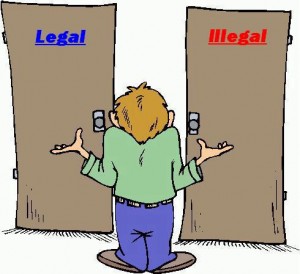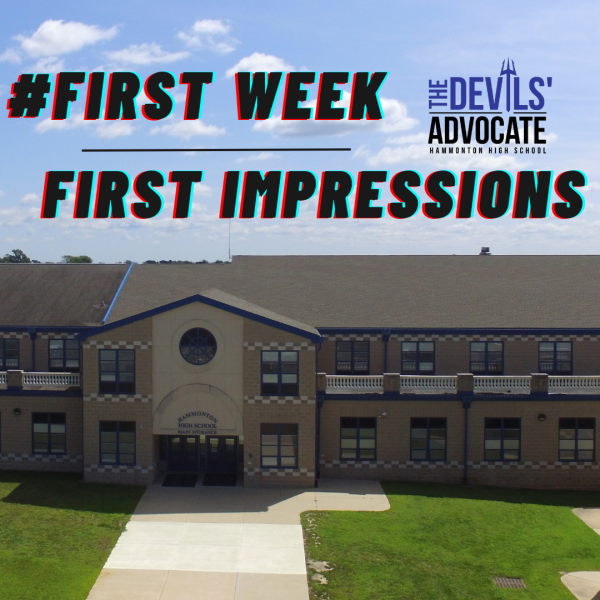Legislation of Morality: Right or Wrong?

Political cartoon depicting moral legislation
Abortion. Gay marriage. Prostitution. Recreational marijuana use.
One’s stance on these issues heavily rely on individual morality and beliefs. However, the federal government creates policies that clearly outline whether these are legal or not.
Should the government be able to decide for the nation as a whole what their moral standards are and what is considered right and wrong?
Morality can be defined as principles concerning the distinction between right and wrong or good and bad behavior. Some people base their morals off of what they were taught is right and wrong, what they have personally decided for themselves is right and wrong, or what their personal religion qualifies as right and wrong.
Government leaders are entrusted with the responsibility of determining which actions are detrimental to the nation as a whole. For instance, acts such as theft, murder, and rape not only violate the moral codes that most people adhere to, but they also violate the rights guaranteed to citizens by the Constitution. The government is fully justified in creating laws against such deeds.
Life isn’t always so clear-cut, though. How should a government those controversial issues that have the American public divided? There are some arguments that our nation does not have one set religion or one standard set of morals and therefore we can not legislate morals based off of one certain religion or one “accepted” set of morals.
The debate surrounding abortion largely centers around the idea of bodily autonomy, a person’s right to their own body and how they use it, what they put in it, or for how long they use it. Many believe that the government has no right to make abortion completely illegal because of this. They argue that a woman maintains autonomy over her body throughout all stages of a pregnancy. What complicates this debate is that the autonomy of another life is involved and to what degree the government is responsible for protecting the rights of that life as well. For those who regard the unborn child as another citizen, the act of abortion would be considered murder, which violates moral, religious and legal codes.
What heightens the controversy is the concern that making acts like abortion illegal may lead to an increase in the number of unsafe and unauthorized abortions. Women wanting to be rid of an unplanned pregnancy may still pursue it, but they will have to go about secretly and perhaps put themselves at risk.
Gay marriage, which was illegal and and is still illegal in some states, is another example of where religion conflicts with the law. Many faiths, including traditional doctrines of Christianity, regard gay marriage as immoral. Many who have challenged its state’s policy regarding gay marriage argue that the state does not operate as a religious enforcer. Too much religious diversity exists in the United States to be able to base laws off of this.
“Everyone does not have the same morals or social opinions so the government does not have the right to legislate morals and take it upon themselves to come up with a set of moral for our country,” said junior Alyssa Worrell. “There are obviously exceptions because they’re harmful to our nation but things like gay marriage and abortion aren’t. I say what works for one may not work for the other and people need to learn to accept that”.
Senior Justin Mortelliti and junior Matt Jankowski, however, believe that the government should legislate morality and that they do so for the well-being of the nation.
Senior Brianna Berenato recognizes that the discussion is complicated.
“Although the government does legislate morality for the well-being of our country, there are just certain things that cant be legislated because they are relative to people’s morals or religious beliefs,” she said. “When it’s something like gay marriage that isn’t detrimental to our nation [and doesn’t violate the rights of others], they shouldn’t legislate it.”










